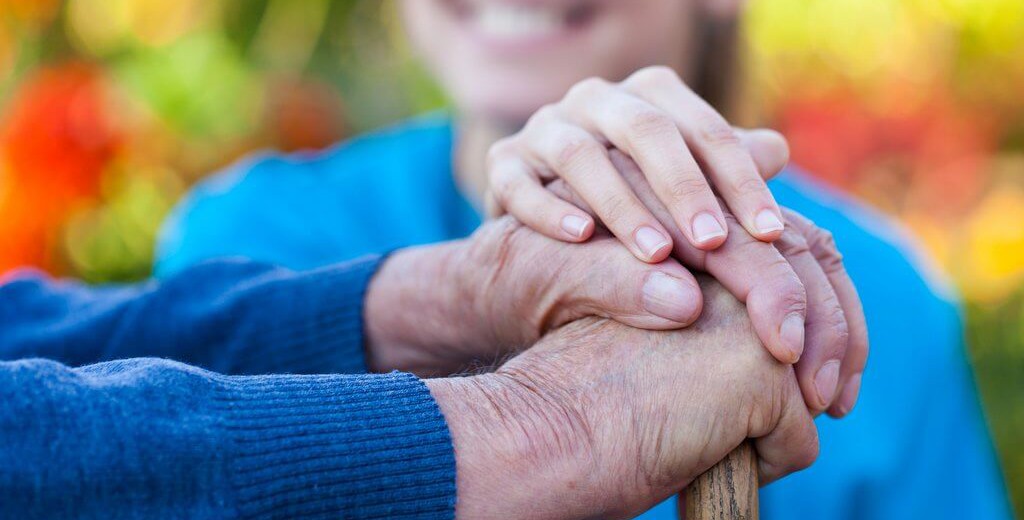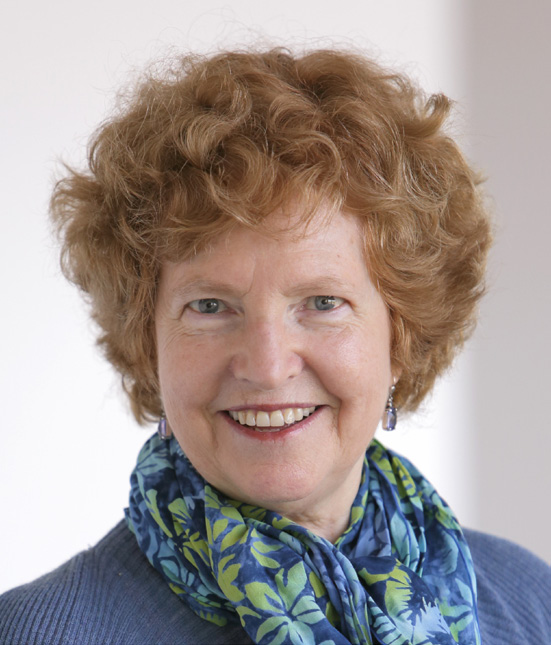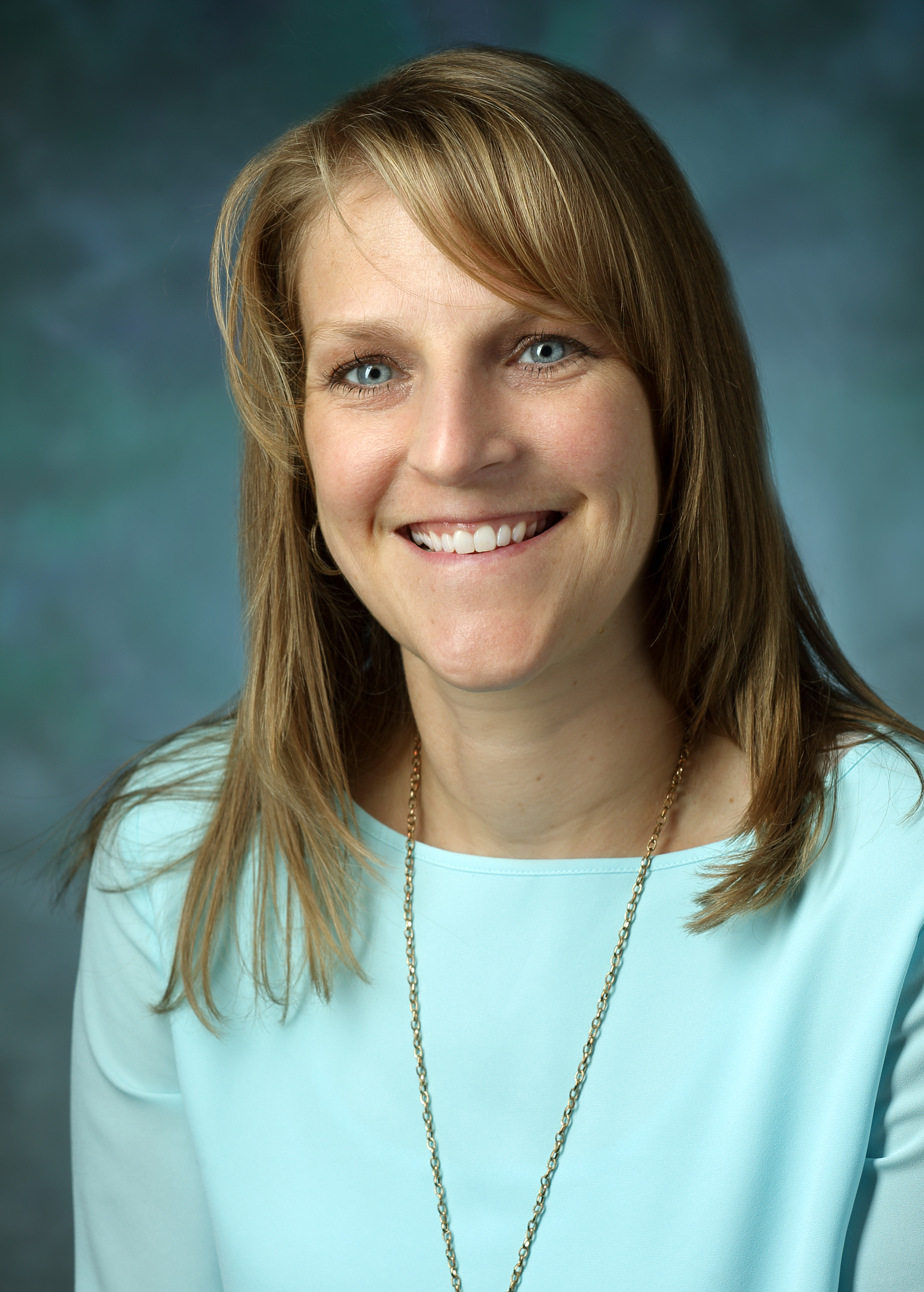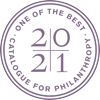Anne Kelemen joined MedStar Washington Hospital Center Section of Palliative care in 2014. In 2015, she was named MedStar Health Palliative Clinical of the Year. Prior to joining the Hospital Center staff, Ms. Kelemen instituted the first palliative care services at MedStar Good Samaritan Hospital in Baltimore, MD. In addition to her clinical responsibilities, she is actively involved in research, and is interested in the intersection of language and medicine as well as intimacy and chronic illness. She received her Master’s in Social Work from the University of Maryland and a post-master’s certificate in End of Life Care from the Smith College School of Social Work. In 2017, she received the emerging leader award from the Social Work Hospice and Palliative Network (SWHPN). Ms. Kelemen is a SWHPN board member and passionate about teaching the next generation of palliative clinicians. She is an Assistant Professor of Medicine at Georgetown University and Director of the Palliative Social Work Fellowship at MedStar Washington Hospital Center.
About Deborah Lewis, LICSW, APHSW-C
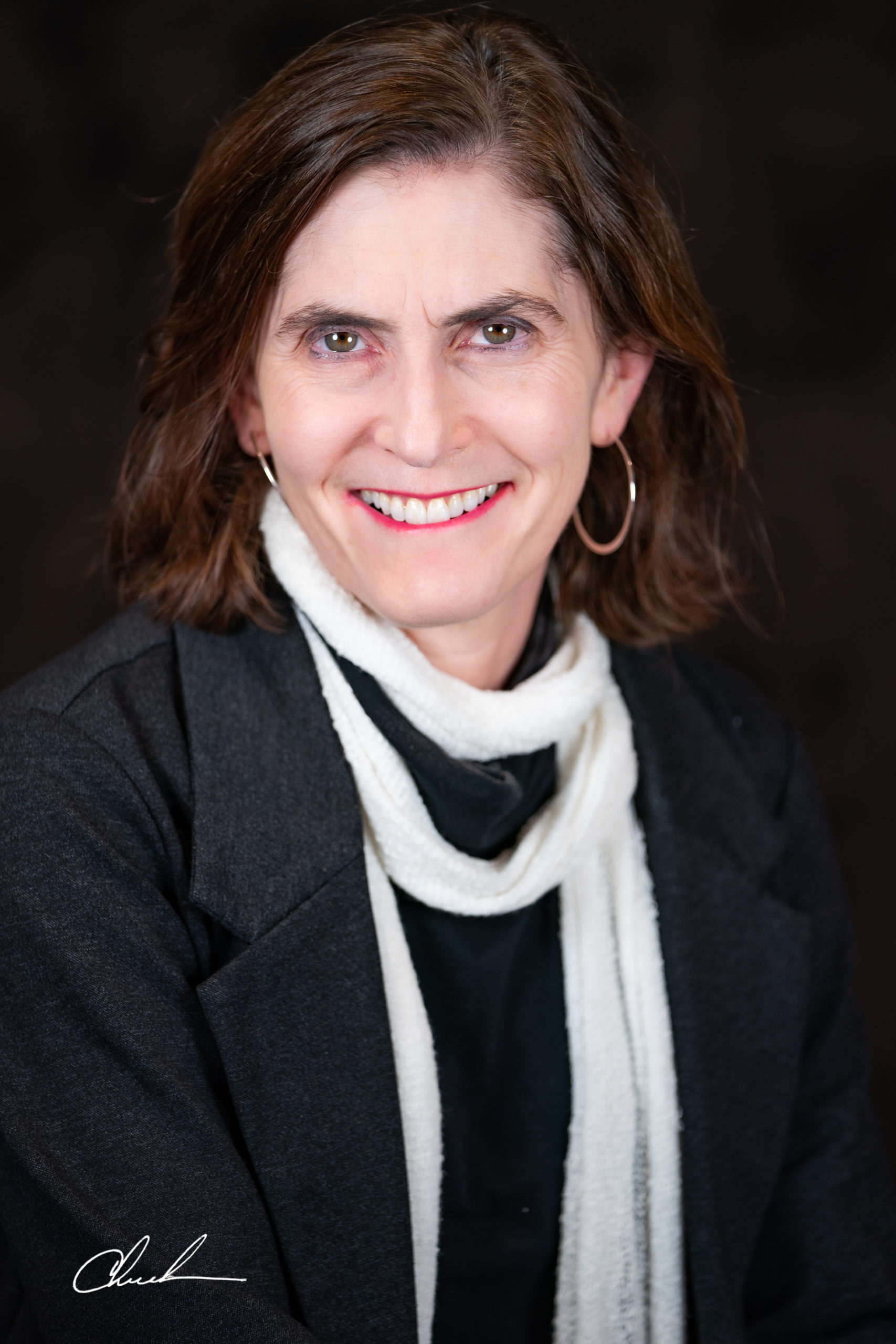
Deborah Lewis is a Palliative Care Social Worker at Medstar Washington Hospital Center, providing clinical social work support for patients with advanced illness and their families. She received her MSW degree from Catholic University with a certificate in Health Care Social Work. Prior to becoming a social worker, Deborah was an attorney who worked as a public defender and lobbyist for nonprofit advocacy organizations.
About Mindy Brodsky, LCSWA
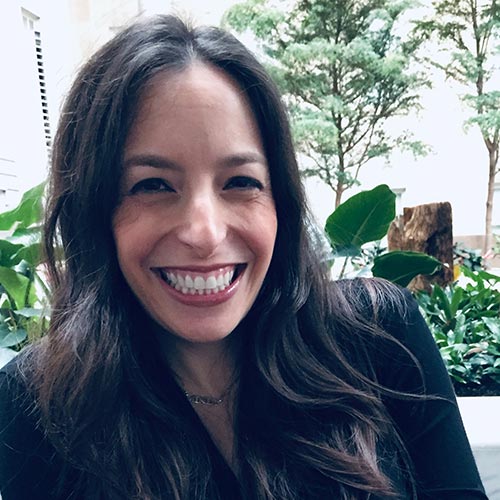
Mindy Brodsky specializes in trauma-informed, strengths-based counseling with a passion for integrative health and healing. Mindy honors her clients as the experts of their lives, and she strives to provide a supportive and safe environment.
After a career in social justice advocacy and her own challenging health journey, Mindy aspires to meet her clients where they are to help them achieve their goals.


